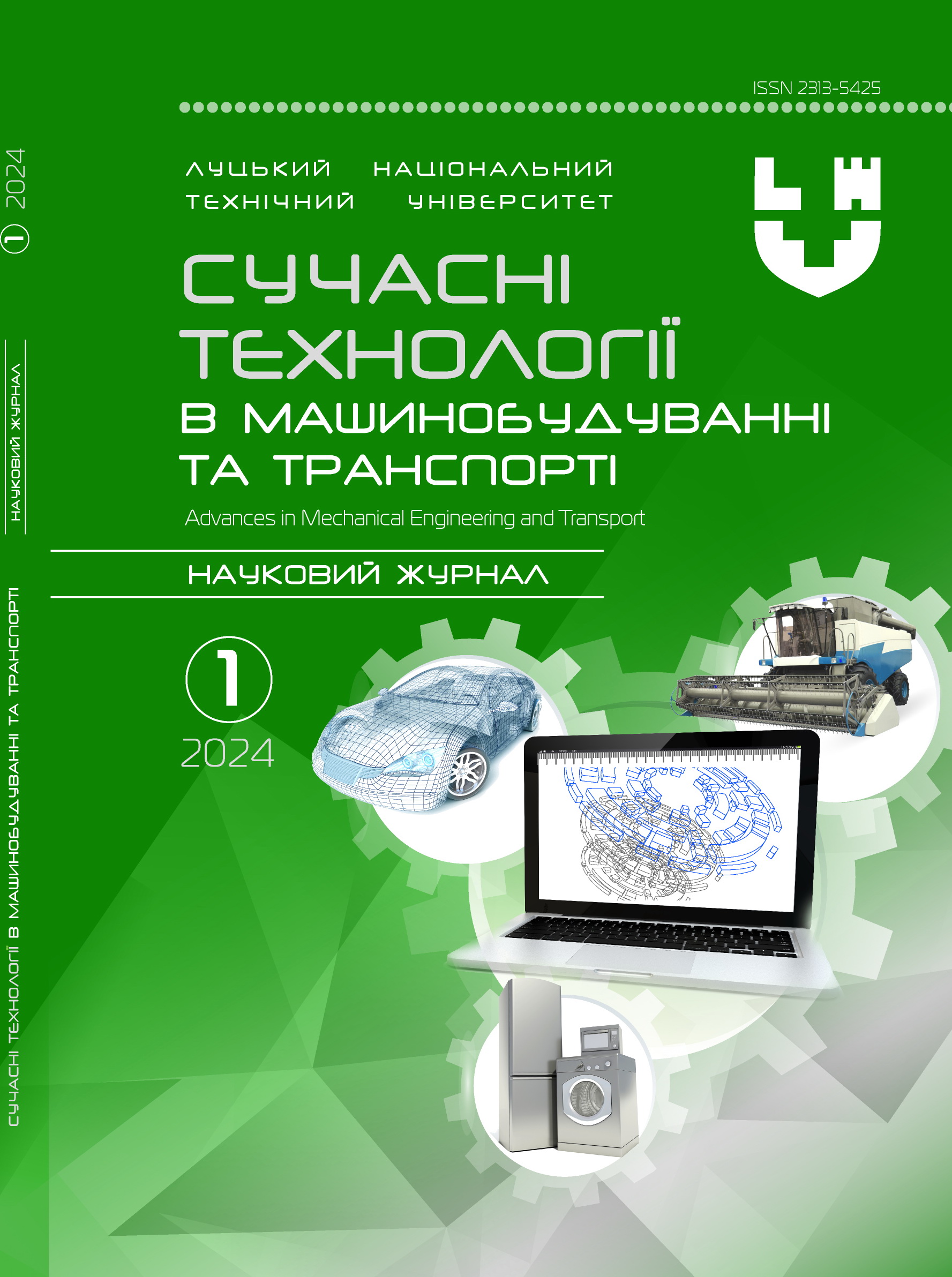Fuel efficiency optimization of category M3 passenger buses using pneumatic suspension
Abstract
The article examines the important role of M3 category passenger buses in modern public transport and the challenges associated with their efficient management and operation. In the context of increasing importance of fuel cost optimization and bus load monitoring, it is crucial to consider the prospects of using operational data from pneumatic suspension to calculate the working load on the route in urban agglomerations. This allows obtaining accurate and reliable real-time data for the mathematical model calculating fuel consumption rates.
The research includes a description and comparison of the conventional passenger flow calculation method with a novel approach utilizing pneumatic suspension data. Employing pneumatic suspension to acquire comprehensive and reliable bus load data can enhance the accuracy of fuel consumption calculations through mathematical modeling.
One of the key aspects is the necessity to determine the working load of the vehicle, as it directly and significantly influences its efficiency and fuel consumption. The article also outlines the implementation aspects of the load calculation method using pneumatic suspension of the bus, along with additional advantages of this method applicable in mathematical modeling to improve the accuracy of fuel consumption rate calculations.
Keywords: Fuel efficiency, mathematical modeling, cost optimization, fuel consumption rates, passenger transportation, M3 category vehicles, pneumatic suspension, passenger flow analysis, vehicle operation.




